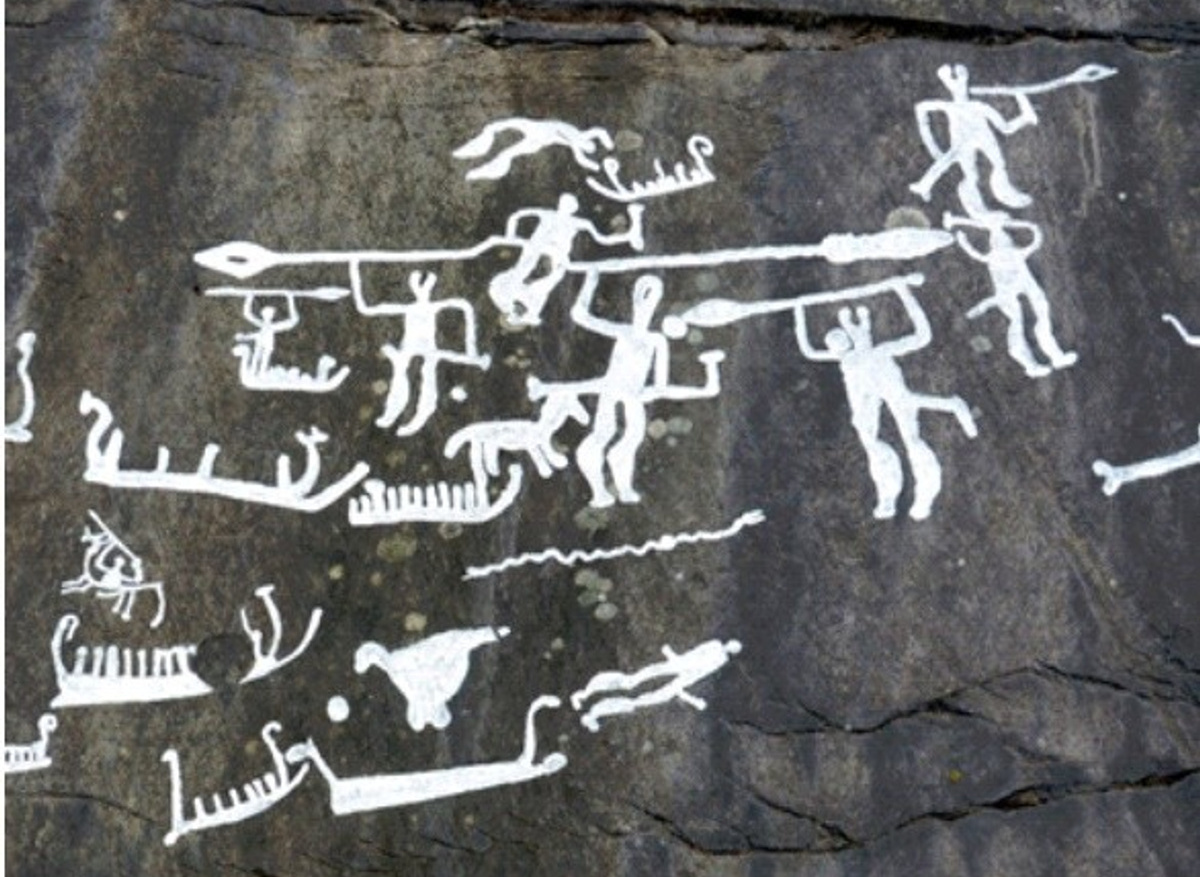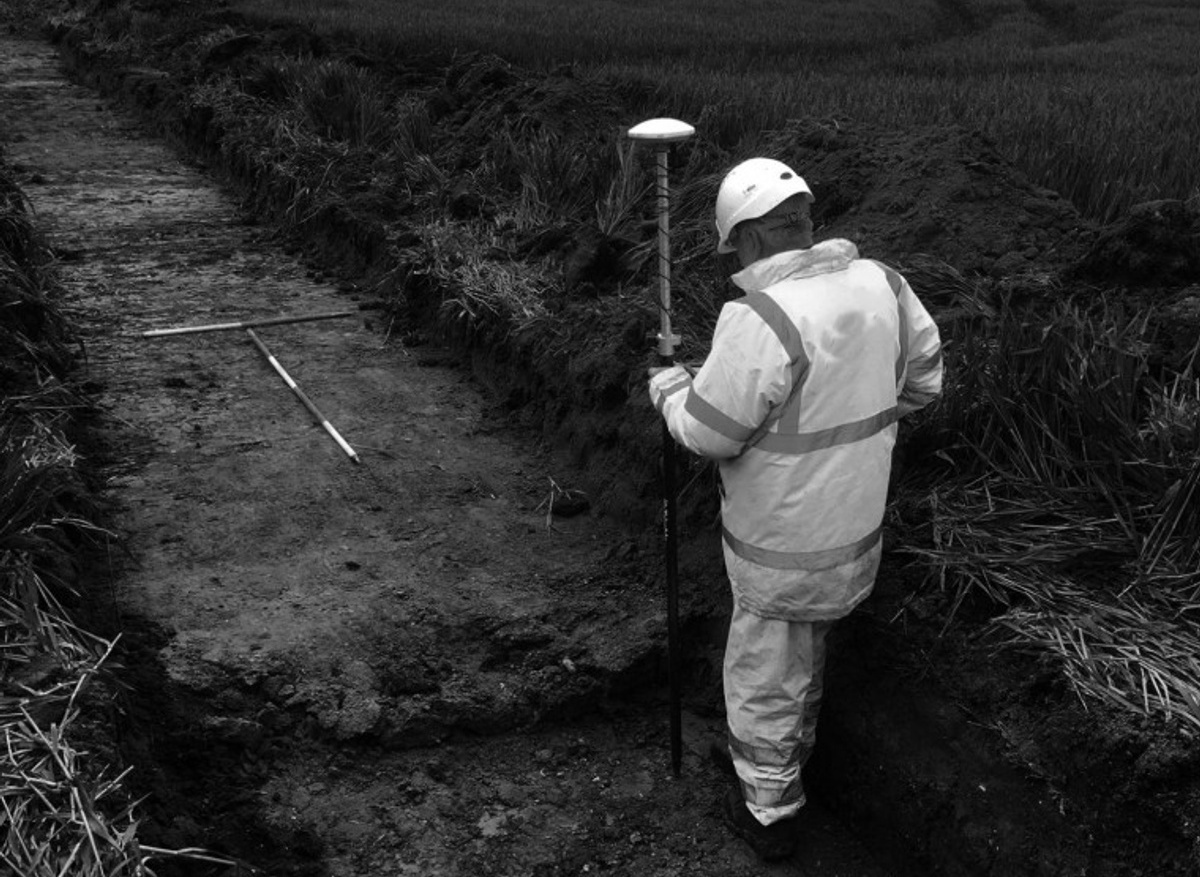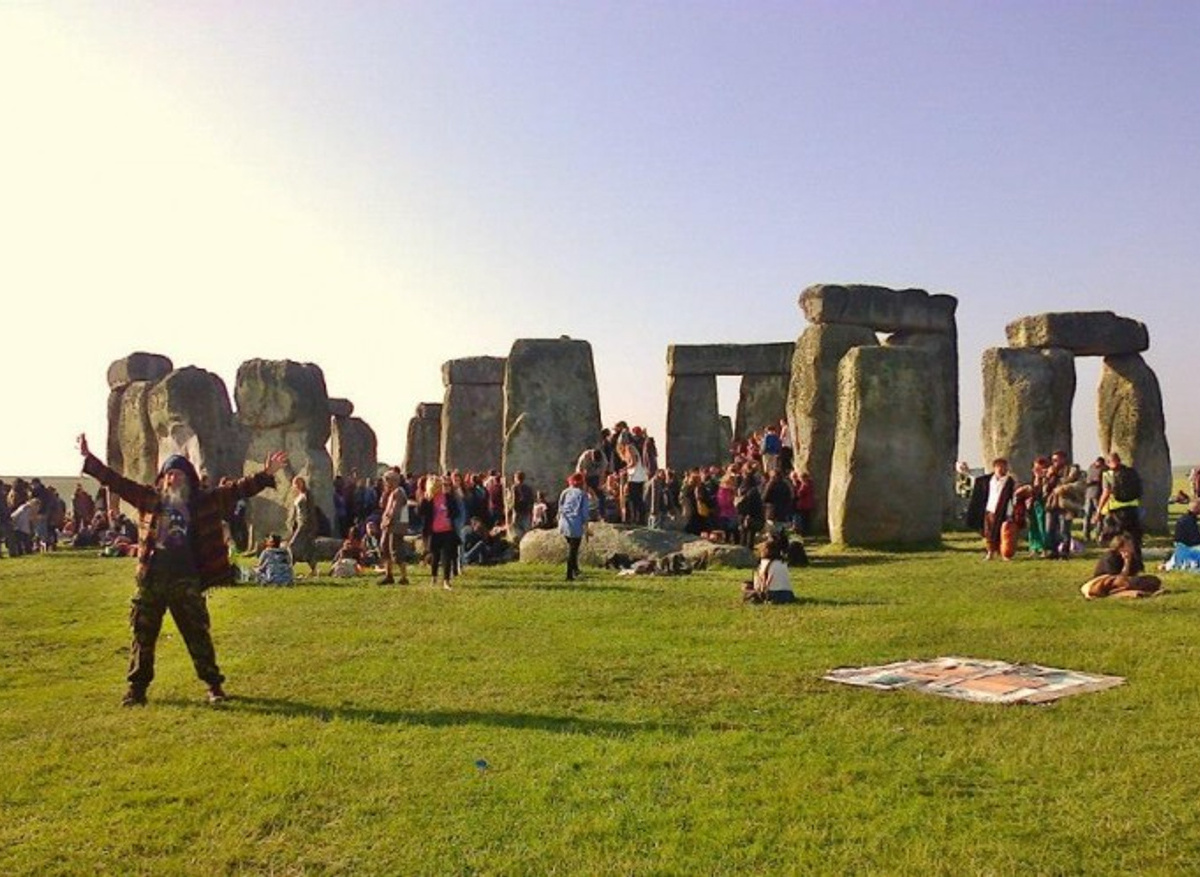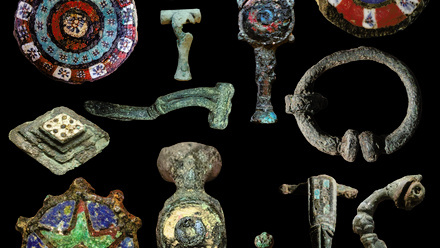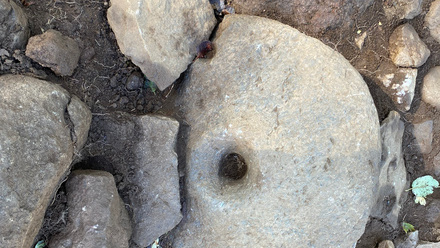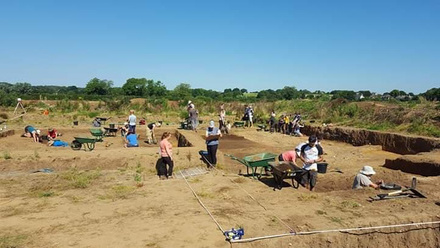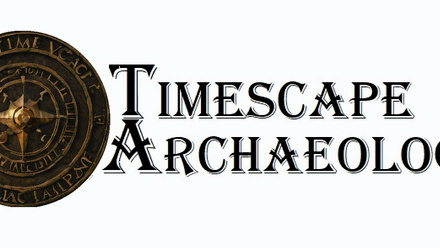Today July 22nd isn’t a usual ‘archaeology’ day. I am not working and will spend most of the day travelling home to the east of England after a short cycling holiday in Wales. So, it’s a day off and a day for thinking. Not that I mind travelling and these days, at least in the UK, travelling frequently and sometimes over great distance is pretty much an essential part of the archaeological day job.
My first ever excavation, nearly 40 years back, was in the middle of Scotland. At the time I lived in south London. My second excavation was on Orkney. I still lived in south London but was beginning to realise that home was where you laid your trowel, rather than a fixed location. There was a whole year in the early 80s when I don’t recall sleeping for more than a few nights in a ‘real’ bed making do with tents, caravans, farm outbuildings, couches, and mattresses on the floor etc. We were stopped by the police one evening in rural Lancashire when tottering back from the pub to the converted pig sty where 10 diggers were temporarily housed. Asked for my ‘address’, I explained that we were peripatetic. The police officer snorted as he replied, “Peripatetic? So, where’s your wheelchair?” We eventually showed them our lodgings, to prove that we were indeed living in the former pigsties.
Anyway, my point is that professional archaeology in the UK does require many of its exponents, particularly at the bottom end of the food chain, to travel from far and wide. And ‘from far’ can these days be very far indeed. We are very lucky in the UK to be able to undertake archaeological investigation just about all year round and we have developed techniques and equipment to make that happen. These, I have no doubt, are major factors in attracting archaeologists to work in the UK. A recent upturn in construction projects requiring archaeological intervention has resulted in the recruitment of archaeologists from all over the world. Many, at least for the time being, are from the outer reaches of the EU. Meeting archaeologists who have travelled from Bulgaria or Romania, Lithuania or Finland to work somewhere on the outskirts of Milton Keynes makes my early travels to Scotland or Orkney pale into insignificance.
The UK has led the way in creating an international community of archaeologists, working not just in the UK, but also in many other parts of the world. I personally have benefitted from being able to work on archaeological projects in several different EU countries, in the Middle East and in the States. And it would be both hypocritical and I think a step backwards for our discipline, to not reciprocate that practice and/or to try and restrict non-UK archaeologists from working in these islands. It is a challenge that both commercial and academic archaeology in the UK faces whatever and whenever the outcome of Brexit.
My next few projects require me to be in London, then Norway, Wales, and back to Norway and that’s just up until Christmas (not including the TAG conference in London and a ‘tourist’ trip to Berlin, both in December). I wish it wasn’t always the case, and I am sure the ‘flexibility’ that frequent lengthy travelling and working away requires, does restrict the ability of those with family obligations and with mobility issues from being more fully involved in our profession.
Some employers do try.
I worked for a company once that gave women returning from maternity leave, first preference on projects that did not require being away overnight. The scheme didn’t last, mainly due to the objections of other colleagues (largely men it must be said) but who also wanted the option to apply across the board. This of course very much affectied the ability of that organisation to tender for work outside of a very tight area, close to their central HQ. Like many other organisations they dallied with the idea of setting up ‘out-stations’ distant from their main HQ, to both ‘regionalise’ and effectively minimise ‘away work’.
It remains clear though that travelling and ‘time on the road’ is an issue. And that’s before we even onto the subject of archaeologists being employed SOLELY because they possess a driving licence, rather than on account of their academic qualification or experience. And because of the driving licence are considered more 'flexible' when it comes to the idea of travelling for work (for flexible read amenable to drive equipment and other staff to and from projects.. It never occurred to me nearly 40 years ago that an archaeologist might be more employable because they enjoyed ‘Top Gear’ rather than Time Team!! I wonder also whether the cost of driving lessons and having access to a vehicle doesn’t lessen the diversity of an archaeological workforce that many of us would like to see widened.
So that’s what I am thinking about on this Day of Archaeology whilst travelling home…. tomorrow my thoughts will return to the day job.

